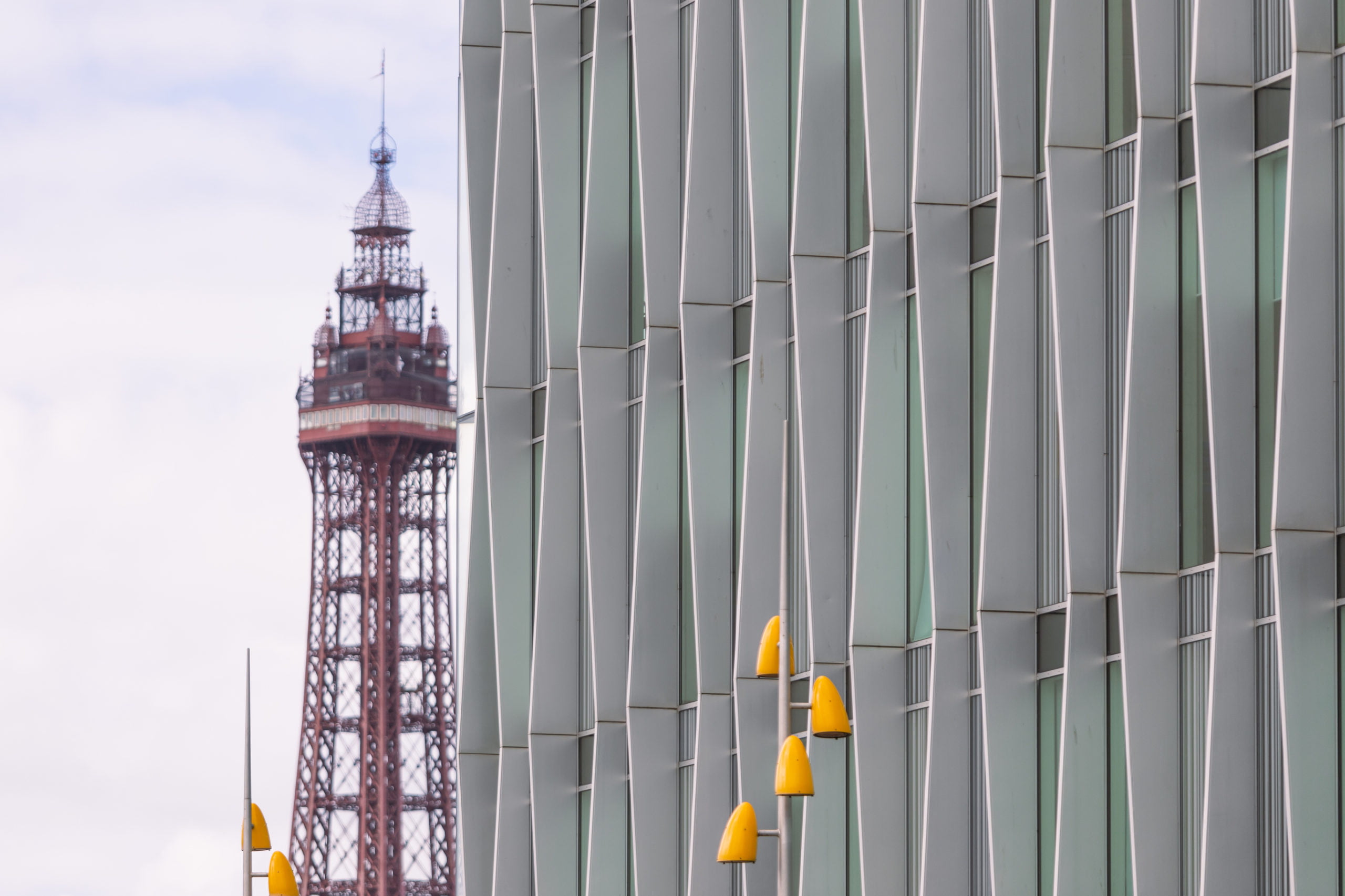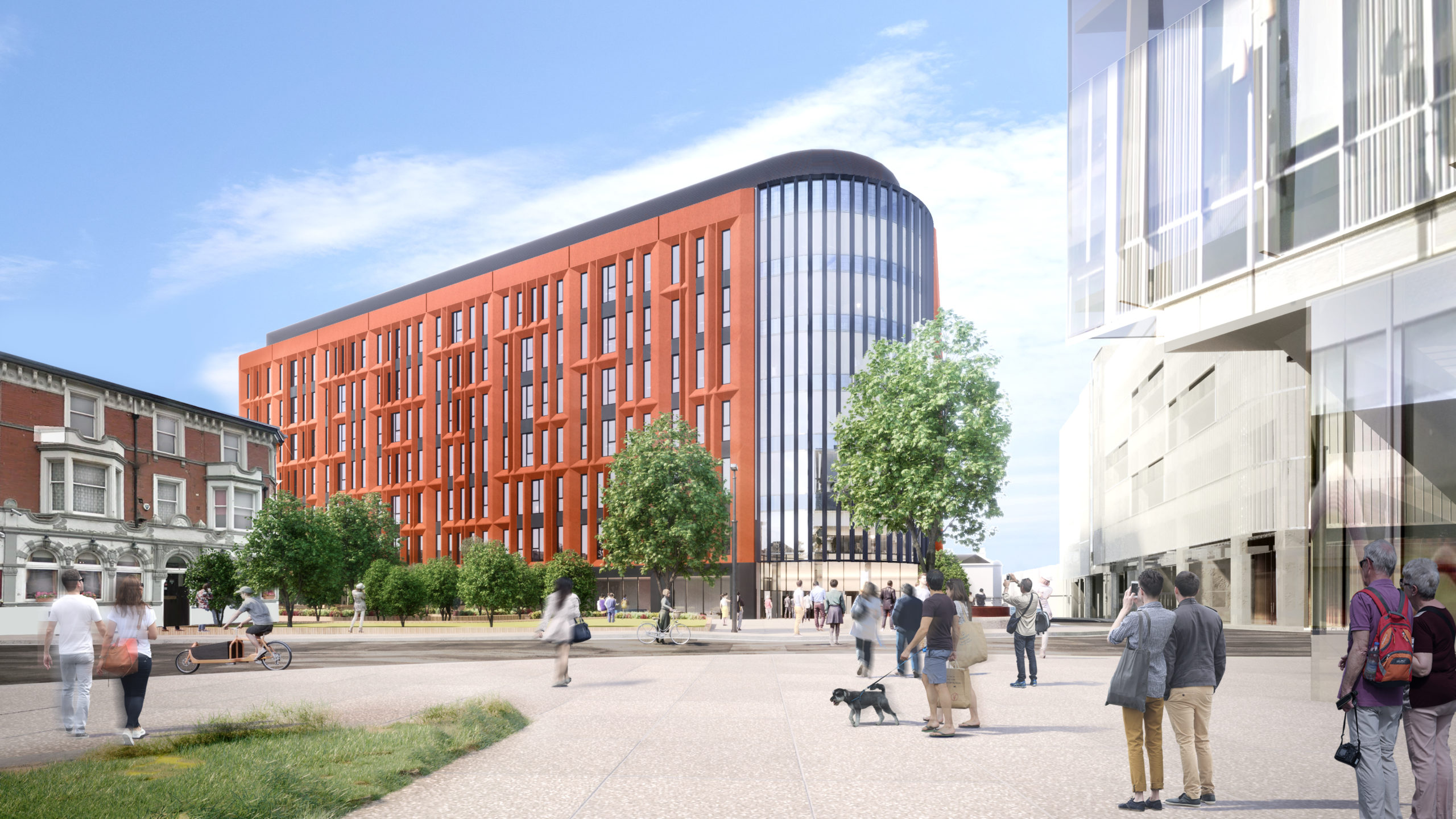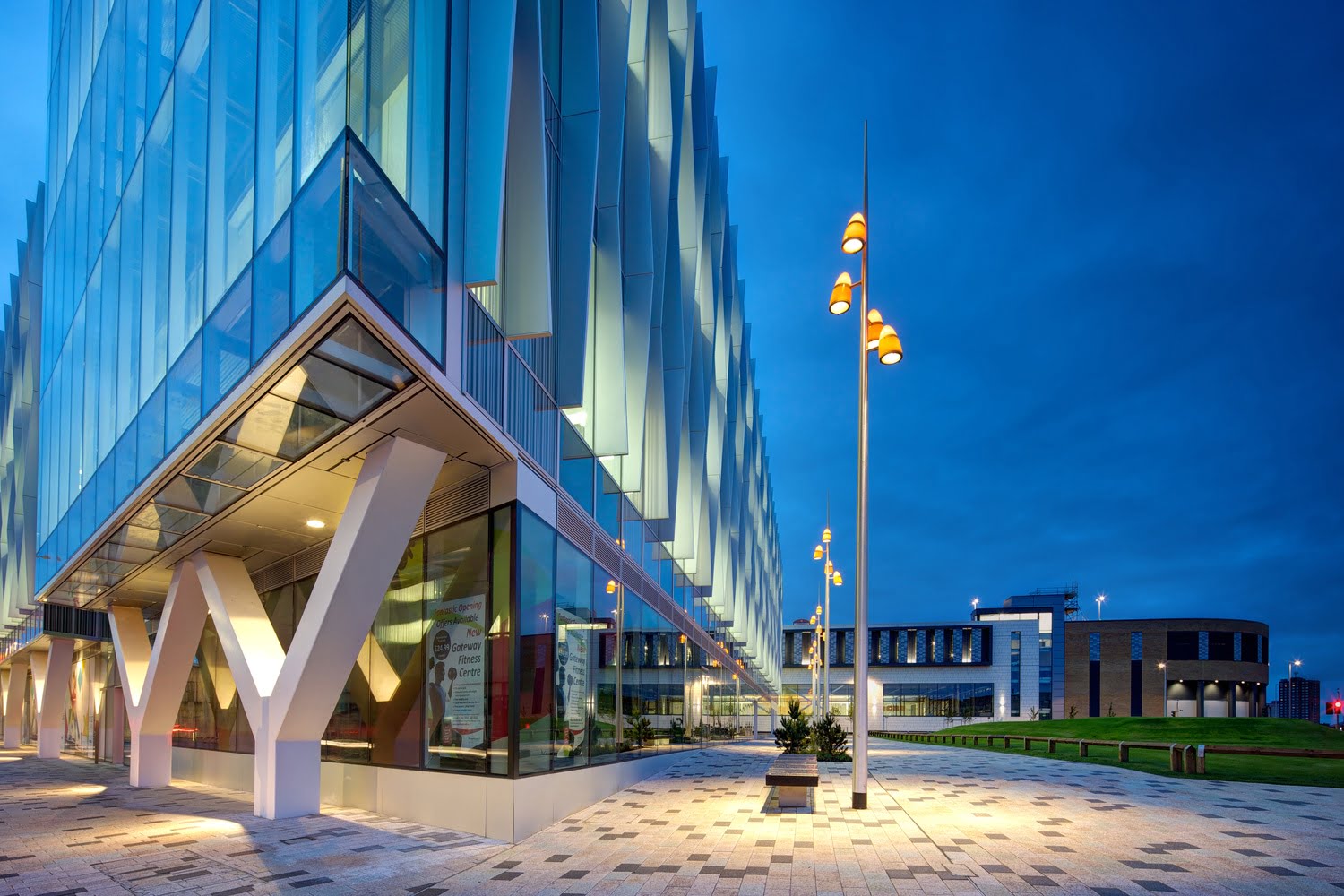Creating social value is key to responsible regeneration
08.07.24 4 min read

Alongside our partners, we create mixed-use spaces and places centred on diversity, quality, and sustainability.
All over the UK, we endeavour to enhance communities and the lives of the people who live, work, and play in these places by breathing new life into our towns and cities, helping to spur economic growth and increase civic pride.
But responsible regeneration must be about more than that.
Wider social, economic, and environmental impacts need to be factored in to ensure people from all walks of life benefit. Only by taking this holistic approach are we able to create places that resonate with everyone and deliver meaningful legacies.
To this effect, a fundamental objective of our placemaking is to drive positive social outcomes that reach far beyond bricks and mortar.
The power of collaboration
Partnerships are central to this. We build strong relationships with communities and organisations in both the public and private sector, working collaboratively to deliver social value at scale.
The best results come from working with our partners to identify the people and organisations we could make a tangible, lasting difference to, whether that’s through creating employment and training opportunities, supporting local businesses or sharing our expertise.
Forming partnerships with community groups and local charities also aids in understanding the wants and needs of a community, identifying any issues and evaluating how a project can help alleviate them.
Building a brighter Blackpool
Our work at Talbot Gateway, in partnership with Blackpool Council, is a prime example of how working collaboratively can drive transformational change. One element of the £350 million Talbot Gateway development – which includes a new £100 million workspace due to open in 2025, new grade A Council offices, a Sainsburys superstore and an upgraded 650-space multi-storey car park – is a 144-bedroom 4 star Holiday Inn hotel complete with a Marco Pierre White New York Italian restaurant.
From the outset, it would have been easy to purely focus on the end result, delivering state-of-the-art hotel accommodation to further boost Blackpool’s visitor economy.
Alongside Blackpool Council and our contractor – Robertson however, we wanted to ensure maximum social value was delivered to the local community throughout the hotel’s construction.
Yes, the Holiday Inn provides a great accommodation option for people visiting the town, but the positive effects of regeneration are maximised when those living and working in the vicinity benefit too.
Opening up employment and training opportunities
One of the main ways in which the active construction phase of the hotel added value was through employment and training opportunities. Many of those working on-site enjoyed the benefits of working closer to home and were proud to play a part in the regeneration of their town, while paid labourer placements (for work experience) were made available for local people who were previously unemployed.
In total, the site hosted 863 weeks of apprenticeships, helping connect apprentices with local employers and providing invaluable training and learning opportunities to develop skills. Additionally, 87 weeks were spent on meaningful work placements or pre-employment courses.
A strong partnership was also built with Blackpool and Fylde College, leading to the delivery of student talks, a virtual work programme and an insightful ‘Women in Construction’ event. These were complemented by site visits, enabling students from local colleges and training schemes to witness the workings of a live construction site first-hand.
Supporting the next generation is crucial for safeguarding the future of our industry, and opportunities for learning must be factored into regeneration projects.
Supporting local
Considering how local businesses and charities can benefit beyond a development itself – whether this is through commercial opportunities, expertise, volunteering or supplies – is another key aspect of adding social value.
For example, on the Holiday Inn project, local SME sub-contractors were provided with upskilling advice sessions – which included constructive feedback on tender submissions – and project team members volunteered more than 50 hours and £500 worth of materials to Counselling in the Community (a local charity making counselling accessible to all across Blackpool, Wyre and the Fylde), as well as helping with the renovation of its hub to facilitate the delivery of expanded mental health and counselling services.
Local students benefitted too, with engagement and activity including employment support sessions, discussions around the climate crisis and a poster competition, helping to draw into focus the significance of construction and regeneration and how it can positively impact communities.
A far-reaching impact
As a result of our efforts to benefit the community in Blackpool, a report by Robertson records the total social value (including economic value) created from the Holiday Inn’s construction to be over £4.5 million.
As an industry, it is incumbent on us all to ensure that the creation of new spaces and places leads to positive outcomes for people across whole communities, not just those who will live and work in them.
This ethos is at the heart of responsible regeneration, and at the heart of Muse, ensuring we nurture inclusive, happier communities for all.


